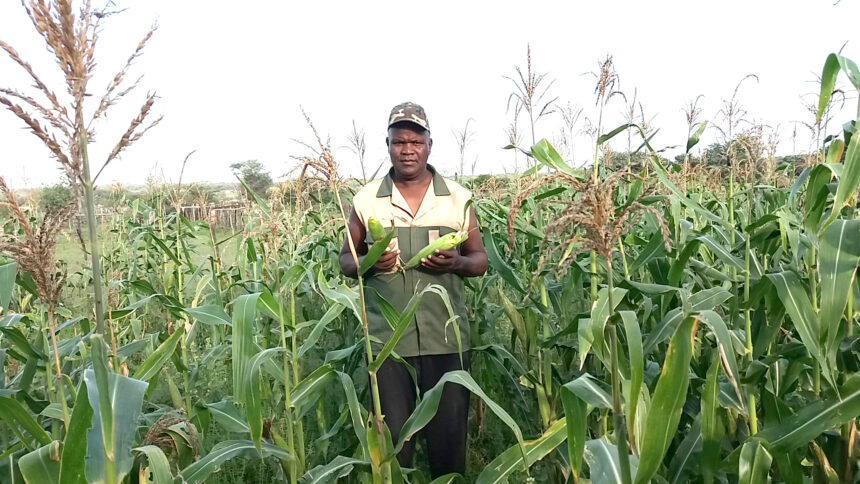Over 45 farmers from the Hardap region recently received training in food preservation and processing from the United Nations World Food Programme (WFP).
This was conducted in collaboration with the Capricorn Foundation, and the University of Namibia (Unam).
Participants included youth and women from farmsteads in Stampriet, Schlip, Bernafay and Maltahöhe.
The training was held under the theme ‘Promoting nutrition-sensitive and sustainable food-processing through value-addition to reduce post-harvest loss and food waste’.
It was aimed at enhancing farmers’ capacity to increase and diversify their incomes while connecting them to market actors.
During the training, smallholder farmers converted locally-grown food such as carrots, tomatoes and beetroot into value-added products such as carrot juice, pickled beetroot, vacuum-packed sliced carrots and tomato paste.
“Growing food for everyday consumption is a necessity, but we need to look beyond the everyday… Value-addition is essential to ensure that the production of food not only enables consumption, but also enables farmers to create sustainable livelihoods from the food they produce,” WFP Country Director Tiwonge Machiwenyika told the farmers.
The training forms part of a larger effort by WFP and Unam to reach over 600 smallholder farmers countrywide.
-Nampa



